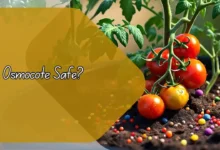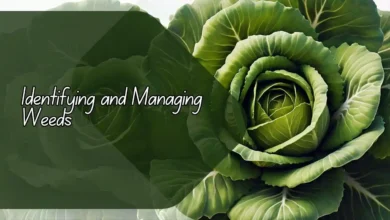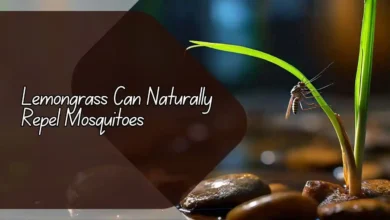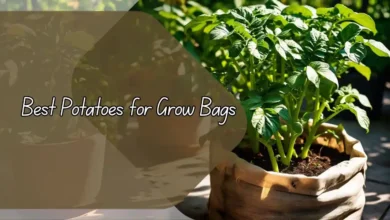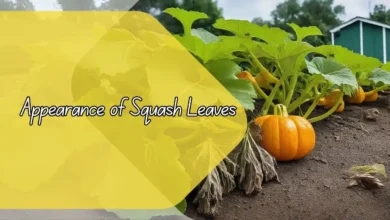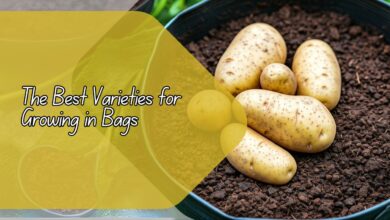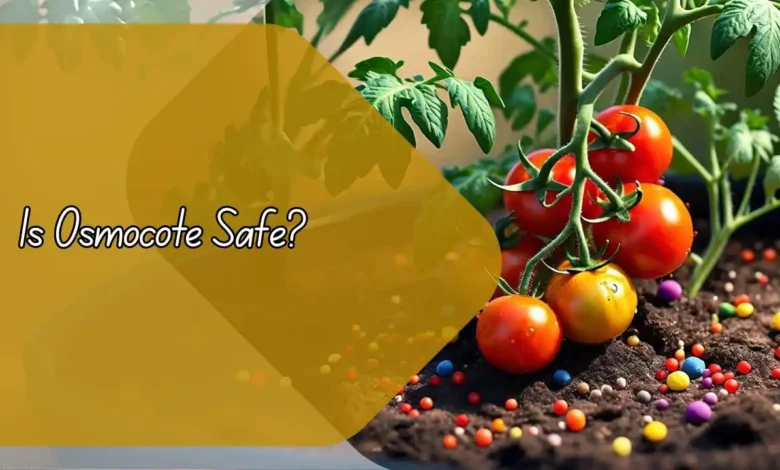
Is Osmocote Safe for Your Vegetable Garden?
In this article, we will discuss whether Osmocote is safe for your vegetable garden. We will explore its benefits, potential risks, and how to use it effectively to promote healthy plant growth.
Is Osmocote Safe for Your Vegetable Garden?
Many gardeners wonder if Osmocote, a popular slow-release fertilizer, is safe to use in their vegetable gardens. Osmocote is a nutrient-rich fertilizer that is designed to provide plants with a steady supply of essential nutrients over an extended period of time.
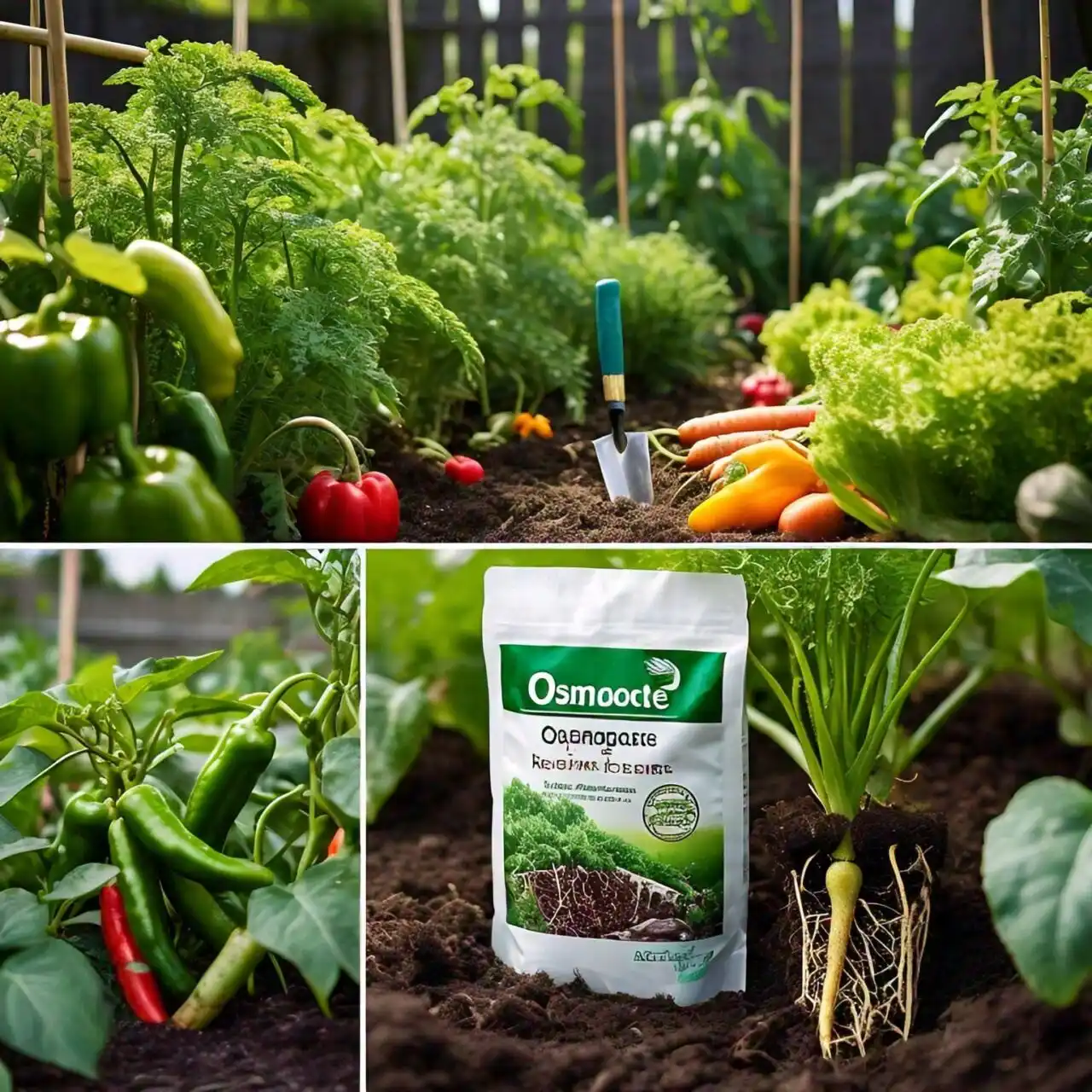
While Osmocote can be beneficial for promoting healthy plant growth, there are some factors to consider before using it in your vegetable garden.
One of the main concerns with using Osmocote in a vegetable garden is the risk of over-fertilization. If too much Osmocote is applied, it can lead to a build-up of excess nutrients in the soil, which can be harmful to plants.
Additionally, some varieties of Osmocote contain high levels of phosphorus, which can be detrimental to certain vegetable crops if not used properly.
What are the Benefits of Using Osmocote in Your Vegetable Garden?
Osmocote offers several benefits for vegetable gardens. Its slow-release formula provides plants with a consistent supply of nutrients, promoting healthy growth and strong root development.
Osmocote is also easy to use and can help reduce the need for frequent fertilization, saving time and effort for gardeners.
Additionally, Osmocote is available in specific formulations for different types of plants, making it easy to find the right product for your vegetable garden.
Another benefit of using Osmocote is its long-lasting effects. Unlike traditional fertilizers that require frequent application, Osmocote only needs to be applied once every few months, providing continuous nutrition for your vegetable plants throughout the growing season.
How to Use Osmocote Safely in Your Vegetable Garden?
To use Osmocote safely in your vegetable garden, it is important to follow the manufacturer’s recommendations for application.
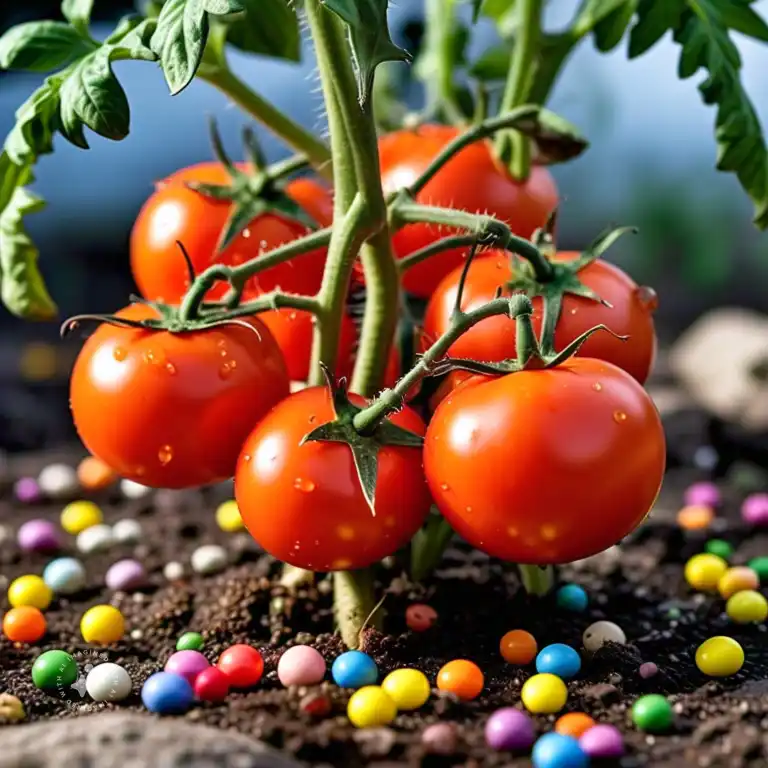
Start by carefully reading the instructions on the product packaging to determine the appropriate amount of Osmocote to use for your plants. Avoid over-fertilization by applying Osmocote sparingly and evenly throughout the garden.
It is also important to monitor your plants closely after applying Osmocote to ensure they are not showing signs of nutrient burn or other adverse reactions. If you notice any issues, gently water the soil to help dilute the fertilizer and alleviate stress on the plants.
What are the Risks of Using Osmocote in Your Vegetable Garden?
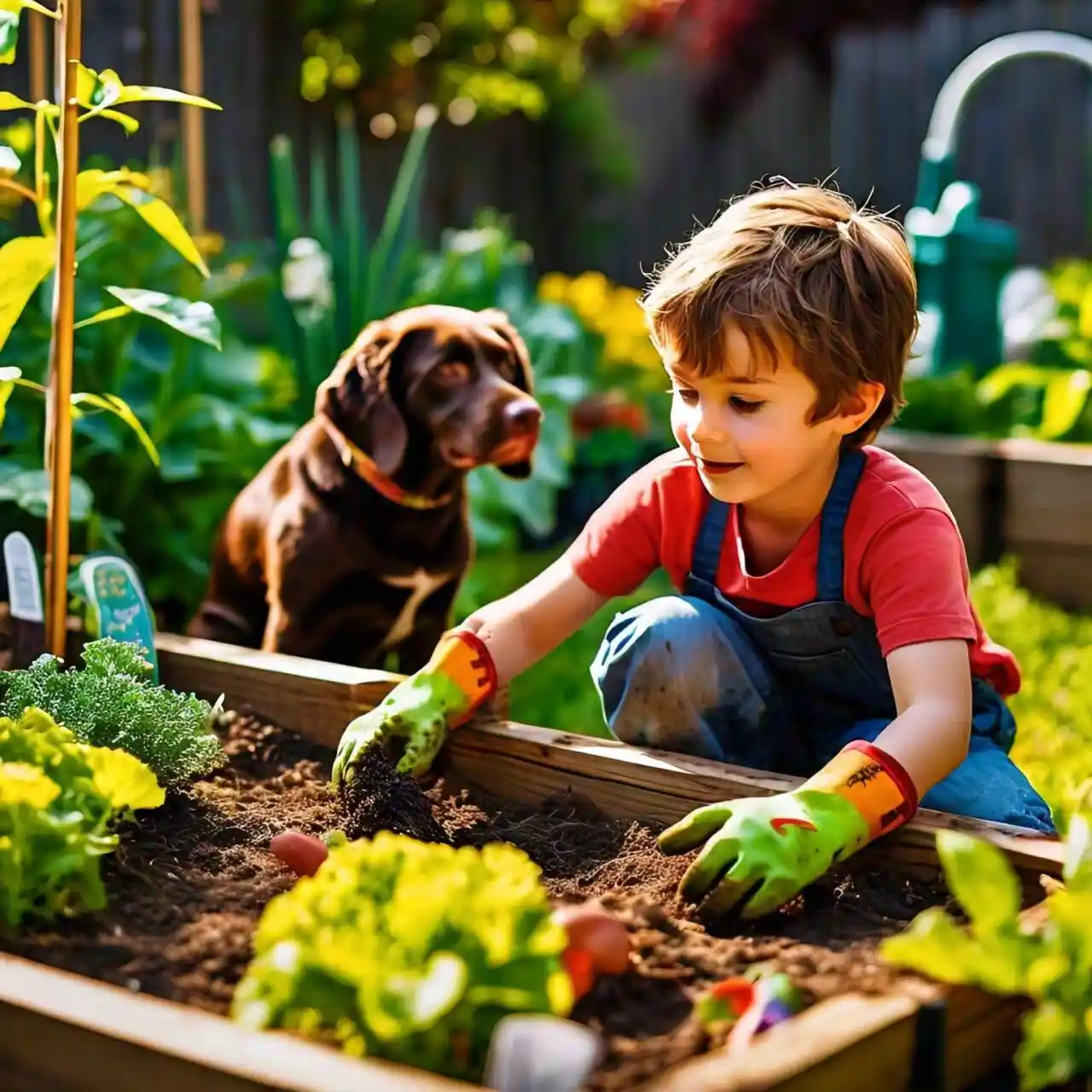
While Osmocote can be beneficial for promoting healthy plant growth, there are some risks to consider when using it in your vegetable garden. One of the main risks is the potential for over-fertilization, which can lead to nutrient imbalances in the soil and harm plants.
Additionally, some varieties of Osmocote contain high levels of phosphorus, which can be harmful to certain vegetable crops if not used properly.
Another risk of using Osmocote is the possibility of leaching. If excess fertilizer is not absorbed by plants, it can leach into the soil and water supply, potentially causing pollution and harm to the environment.
To minimize the risk of leaching, use Osmocote sparingly and follow the best practices for fertilizing your vegetable garden.
Can Osmocote Be Used in Organic Vegetable Gardening?
Although Osmocote is not certified organic, it can still be used in organic vegetable gardening under certain circumstances. Some organic gardeners choose to use Osmocote as a supplement to organic fertilizers to provide their plants with additional nutrients.
However, it is important to verify that the specific variety of Osmocote you are using is compatible with organic gardening practices and does not contain any harmful chemicals or additives.
If you are uncertain about whether Osmocote is suitable for your organic vegetable garden, consider alternative organic fertilizers that are certified for use in organic gardening.
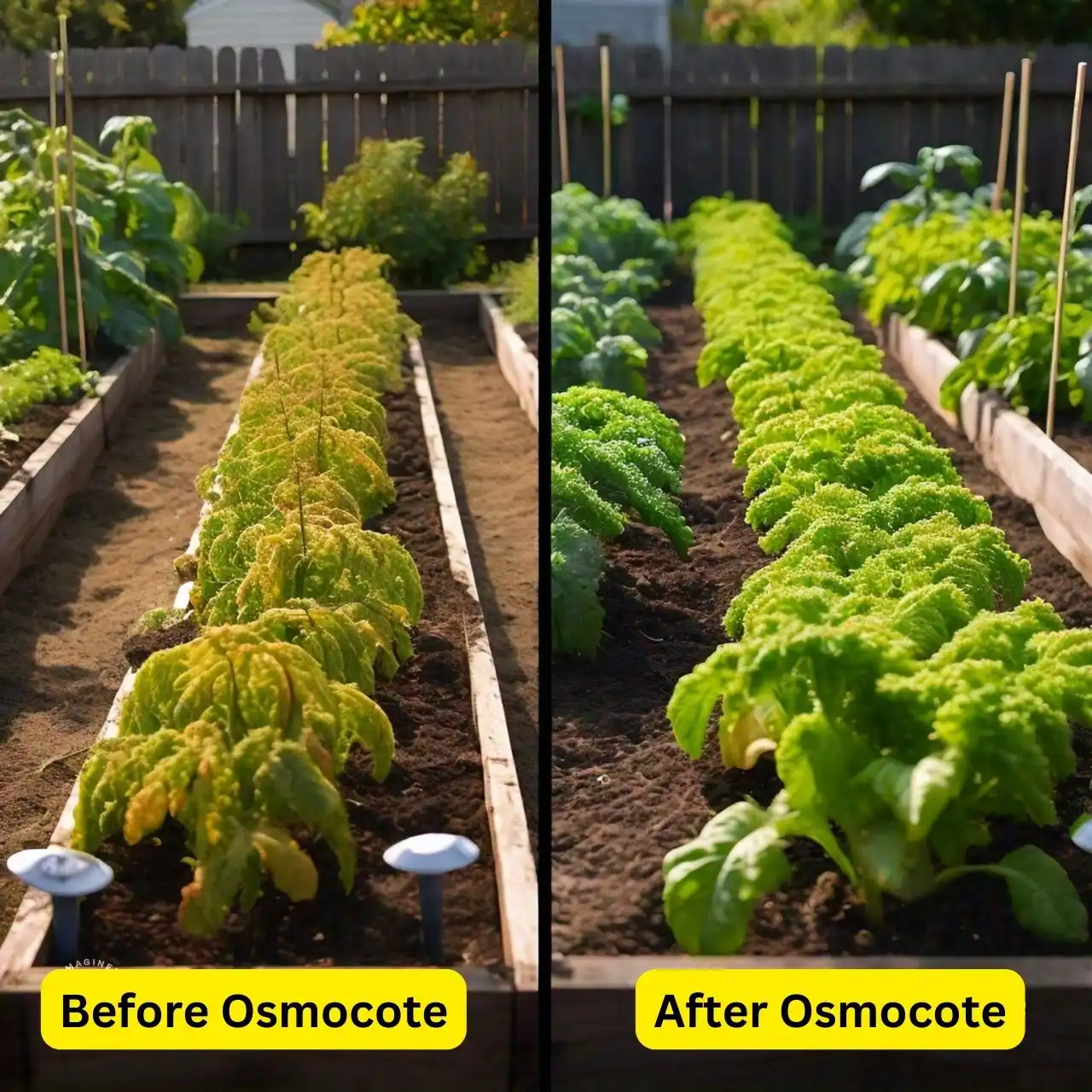
Conclusion
In conclusion, Osmocote can be safe for your vegetable garden if used correctly. By following the manufacturer’s recommendations for application and monitoring your plants closely, you can enjoy the benefits of Osmocote’s slow-release formula without risking over-fertilization or nutrient imbalances.
Remember to use Osmocote sparingly, choose the right formulation for your plants, and consider the potential risks before using it in your vegetable garden.
FAQs
Is Osmocote safe for all types of vegetable plants?
While Osmocote can be used for a variety of vegetable plants, some varieties contain high levels of phosphorus that may be harmful to certain crops. It is important to choose the right formulation of Osmocote for your specific plants and monitor them closely for signs of nutrient burn or other adverse reactions.
How often should I apply Osmocote to my vegetable garden?
Osmocote only needs to be applied once every few months, providing continuous nutrition for your vegetable plants throughout the growing season. However, it is important to follow the manufacturer’s recommendations for application and avoid over-fertilization to prevent nutrient imbalances in the soil.
Can Osmocote be used in combination with other fertilizers?
Yes, Osmocote can be used in combination with other fertilizers to provide your plants with a balanced supply of nutrients. However, it is important to follow the manufacturer’s recommendations for application and avoid over-fertilization to prevent nutrient imbalances in the soil.
How can I prevent leaching when using Osmocote in my vegetable garden?
To prevent leaching, use Osmocote sparingly and avoid applying excess fertilizer to your vegetable garden. Monitor your plants closely for signs of nutrient burn or other adverse reactions, and water the soil gently to help dilute the fertilizer and alleviate stress on the plants.
Can I use Osmocote in my organic vegetable garden?
While Osmocote is not certified organic, it can still be used in organic vegetable gardening under certain circumstances. Verify that the specific variety of Osmocote you are using is compatible with organic gardening practices and does not contain any harmful chemicals or additives. Consider alternative organic fertilizers if you are unsure about using Osmocote in your organic vegetable garden.

